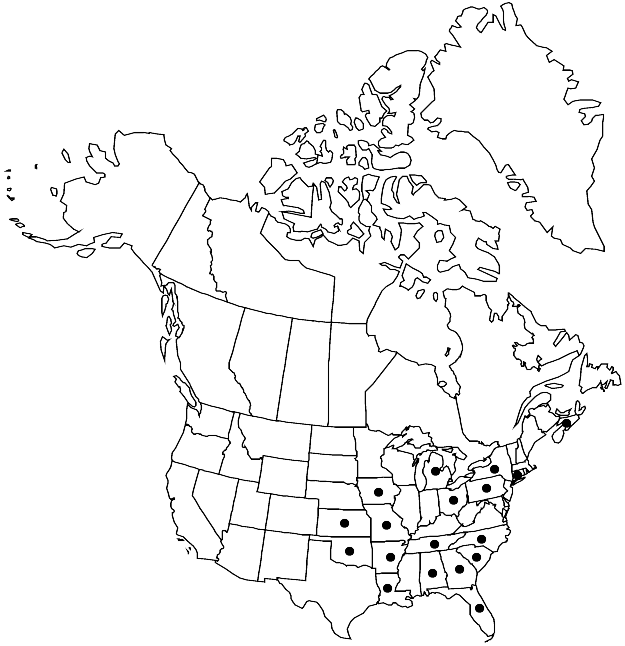Difference between revisions of "Sematophyllum demissum"
J. Linn. Soc., Bot. 8: 5. 1864.
FNA>Volume Importer |
FNA>Volume Importer |
||
| Line 11: | Line 11: | ||
|label=Endemic | |label=Endemic | ||
}} | }} | ||
| − | |basionyms={{Treatment/ID/ | + | |basionyms={{Treatment/ID/Basionym |
|name=Hypnum demissum | |name=Hypnum demissum | ||
|authority=Wilson | |authority=Wilson | ||
| + | |publication_title=in J. E. Smith et al., Engl. Bot., suppl. | ||
| + | |publication_place=2: plate 2740. 1832 | ||
}} | }} | ||
|synonyms={{Treatment/ID/Synonym | |synonyms={{Treatment/ID/Synonym | ||
| Line 60: | Line 62: | ||
|publication year=1864 | |publication year=1864 | ||
|special status=Endemic | |special status=Endemic | ||
| − | |source xml=https://jpend@bitbucket.org/aafc-mbb/fna-data-curation.git/src/ | + | |source xml=https://jpend@bitbucket.org/aafc-mbb/fna-data-curation.git/src/f6b125a955440c0872999024f038d74684f65921/coarse_grained_fna_xml/V28/V28_896.xml |
|genus=Sematophyllum | |genus=Sematophyllum | ||
|species=Sematophyllum demissum | |species=Sematophyllum demissum | ||
Revision as of 19:48, 24 September 2019
Plants small to medium-sized, green to yellow-green, glossy. Stems 0.5–2.5 cm, branches sometimes ascending. Leaves straight or occasionally homomallous, oblong-ovate, tapering gradually to apex, 1–1.2 mm; margins reflexed proximally; apex acute; alar cells enlarged, inflated, yellow, in 1 row, supra-alar cells few, quadrate to short; laminal cells rhombic to flexuose. Specialized asexual reproduction absent. Seta 0.8–1.2 cm. Capsule inclined to horizontal, 1 mm.
Phenology: Capsules mature summer.
Habitat: Wet siliceous rock near streams
Elevation: low to moderate elevations
Distribution

N.S., Ala., Ark., Conn., Fla., Ga., Iowa, Kans., La., Mich., Mo., N.Y., N.C., Ohio, Okla., Pa., S.C., Tenn.
Discussion
Sematophyllum demissum resembles Hageniella micans in many respects, but H. micans is distinguished by its strong double costa and toothed acumen. Also, exothecial cells of Sematophyllum are collenchymatous; those of Hageniella are not.
Selected References
None.